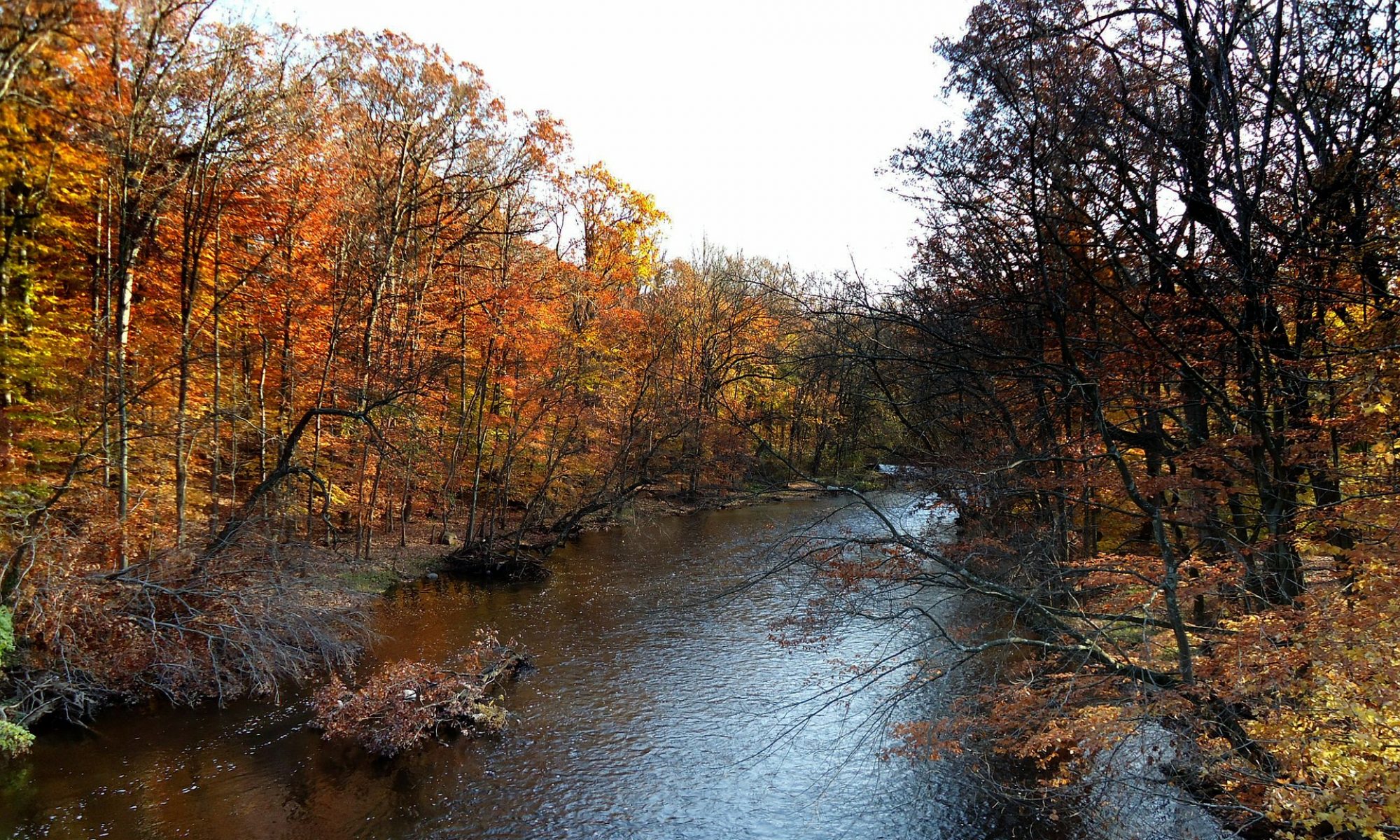Having Transformation Go Viral in New Jersey
New Jersey, like the rest of the world, is in a period of profound transition. As we come grips with the fact that humanity’s impact on the planet is creating serious risks for all of us, and that each of us must do what we can, where we are, to make a difference—we simultaneously realize that our individual actions are insufficient, and that we need, at all levels, transformational change. We need to foster an awareness within both local and global communities that change is both essential and inevitable. Whether we’re concerned with climate change, or biodiversity loss, or social injustice, it’s clear that above all we need to restructure our economy, to make it cleaner, and fairer, and more restorative of Earth’s systems in order to achieve any degree of sustainable prosperity.
For many people, the sheer size and scope of this challenge may seem beyond their ability to comprehend, so they withdraw into narrower realms of life — making a living, maintaining a relationship, or pursuing “professional development.” Those who do recognize what the planet confronts us with may become cynical and resigned, get burned out, or simply feel overwhelmed and unable to take any meaningful action. The challenge, in this game, is to engage with other social change agents in a common search for the levers of regenerative transformation.
By “regenerative” we mean that it gives life, meaning, and purpose to our actions, so that they have a real impact on our own lives and on those around us, and have a ripple effect on the wider society. Which is to say that the idea goes viral. Ideas want to be free, and have a way of altering our sense of what’s possible, if they are communicated widely enough. Life is also “speeding up,” in the sense that change is more rapid and chaotic and interconnected, and we need to lean into it if we are going to make a difference.
At the same time, our own experience leads us to believe that some forms of personal transformation are helpful, and in some cases may be essential, to bringing about more widespread systemic change. Whether it’s because our own ego is standing in the way of our effectiveness, or because our frame of interpretation is insufficient to accommodate the new thinking that our times require of us, letting go of the past and being willing to invent a new future are critical steps for all of us. It’s not simply that, as Gandhi suggested, we need to “be the change.” More importantly, it’s that we need to remove the barriers that our mind puts up, perhaps to protect us from disturbing thoughts, that keep us repeating old patterns.
We participate in what we believe is the single most effective program of transformation that is currently available, which is Landmark Education. But regardless of the approach or methodology or type of training, the key is whether we’re able to experience a profound shift in our way of seeing the world, a shift that forces us to recognize that we created our ways of seeing the world in the first place, and we sustain them by putting blinders on to the full range of possibilities that exist in reality. After all, Werner Erhard’s transformation occurred in an instant when he happened to be driving across the Golden Gate Bridge, and he suddenly saw everything differently.
So the issue of what we mean by “transformation” is part of the open character of the game. The key is that it is not simply incremental change, or a predictable change, but is an event that suddenly reveals the world differently, so that the individual is left with a new opening for action, or the system is left with a new set of possibilities from this moment forward.
So what we’re proposing is a game, to open up the possibility of this kind of transformation to all those for whom “New Jersey” represents one of the most interesting, most challenging, and most rewarding opportunities for social, economic, and environmental action. And I personally want to invite you to play a key role in initiating the game, which is to see transformation “go viral” in the state of New Jersey.
How to Play
There are many ways to play. You can join us in exploring the opportunities that open up in the game. How can you become a servant leader and be an inspiration to others? How can you alter your own perceptions and interpretations so as foster, within yourself, integrity, generosity, and accountability? And how can we together use this to inspire others?
If you’re interested, we invite you to use this site as a whiteboard for sharing these ideas. Become a contributor to the game. Contact us and we’ll send you our latest invitation, or suggest other ways we can collaborate effectively with you or your organization. Because while we know that cooperation is essential, we mostly find ourselves in competition with one another, over resources, ideas, and share of mind — as nonprofits, as well as for-profits and private individuals — and we need to develop chaordic enterprises that form and re-form as we need them in order to make meaningful change.
To understand more about chaordic organizations, it’s worth reading up on Dee Hock (the creator of the global Visa network), and taking a look at http://www.chaordic.org/history.html (the organization is apparently no longer operating, but the philosophy and strategy are clearly spelled out at this legacy site). The Transformation Game will initially be an idea, then a conversation amongst a group of friends, and then perhaps a more formal network… making the path by walking it.
I invite you to take the next step in this conversation by reading Mille Bojers’ “The UN’s SDGs 2030 Agenda is entitled “Transforming our World.” What if we really meant it?”

